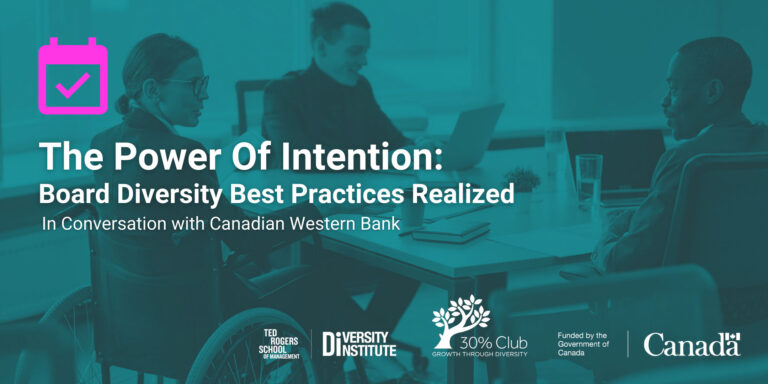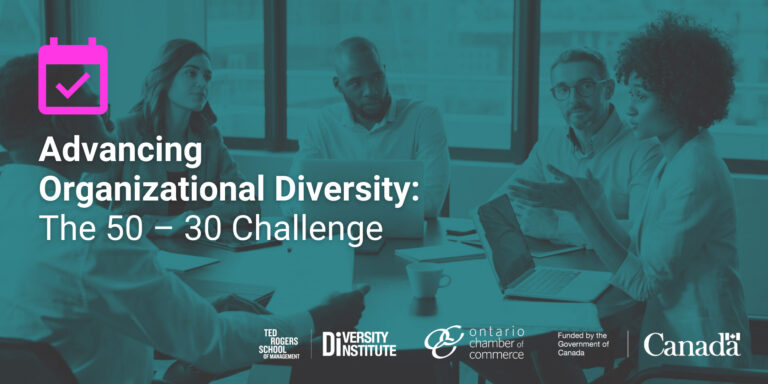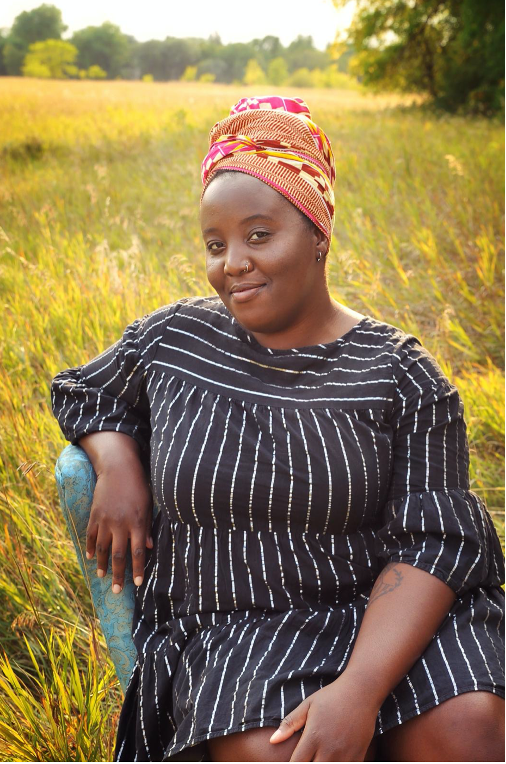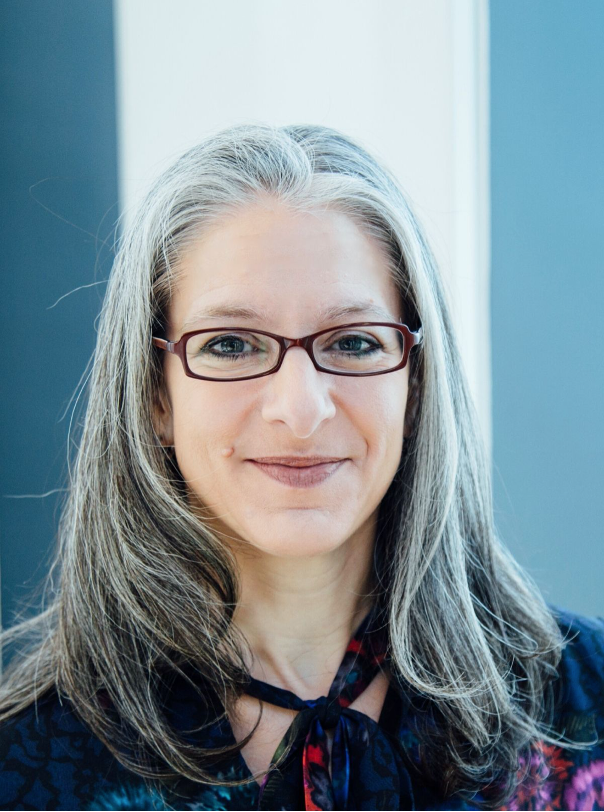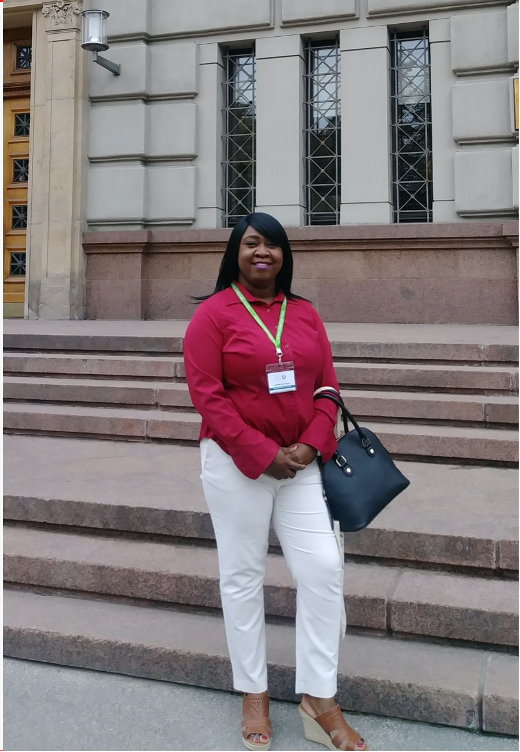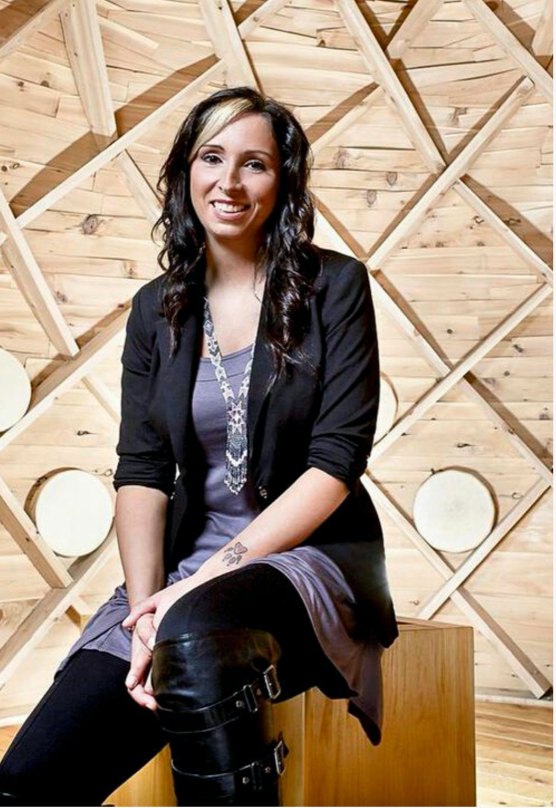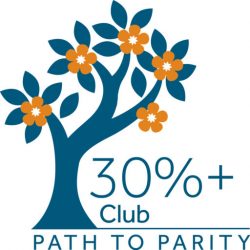The first webinar in a new series with the Ontario Chamber of Commerce spotlighted tools and initiatives to help organizations unlock the benefits of diverse workplaces

Dr. Wendy Cukier, founder and academic director of the Diversity Institute (DI), underlined the strategic importance of equity, diversity and inclusion (EDI) in the workplace and how businesses can achieve it during an insightful presentation hosted by the Ontario Chamber of Commerce (OCC) on Feb. 1, 2023.
Moderated by Andrea Carmona, manager of public affairs at OCC, “What is diversity and why does it matter?” attracted almost 200 people from 100 businesses. The webinar is the first in a series designed to encourage more organizations to join the 50 – 30 Challenge and support them along their EDI journeys.
The 50 – 30 Challenge calls on organizations to aspire to gender parity (50% women and non-binary people) and increased representation of other equity-deserving groups (30%) on boards and in senior leadership positions across sectors. For the purposes of the Challenge, equity-deserving groups include Indigenous Peoples, racialized people, persons with disabilities and those who identify as 2SLGBTQ+.
“Who is at the top of the house really matters in terms of setting the tone, leading strategy and shaping organizational culture,” Dr. Cukier said. To date, more than 1,800 organizations have joined the Challenge. As an ecosystem partner, DI provides tools and training to help organizations, particularly small and medium-sized enterprises (SMEs), achieve their goals.
Research suggests that diverse and inclusive workplaces perform better. “Given current skills shortages, being able to attract the best and the brightest talent is critical for organizations across sectors, especially for SMEs. If you are not rethinking your recruitment strategies to reach more diverse job seekers, you are fishing in a pretty small pond,” Dr. Cukier said.
Lower turnover and higher employee satisfaction are also associated with more diverse and inclusive workplaces. Not only does EDI help reach and serve increasingly diverse markets, but many customers in the public and private sectors are using a diversity lens in making procurement and funding decisions. There is also evidence that more diverse leadership helps drive innovation and avoid risk.
Dr. Cukier set the stage by defining key terms and concepts. Equality was the focus of the civil rights movement—where the struggle was for access to the vote, housing, jobs and facilities, and basic human dignity. In contrast, Canada’s 1986 employment equity legislation defined “designated groups” as “women,” “visible minorities,” “Aboriginal peoples” and “persons with disabilities” who face historic disadvantage and oppression. Increasingly there is recognition of the importance of addressing the needs of the 2SLGBTQ+ community as well. Rather than just treating them equally, they merit additional supports and consideration to “level the playing field,” Dr. Cukier said. While the language has evolved, the principle still applies.
While diversity refers to demographic differences and the representation of these groups—for instance, the percentage of women on boards or racialized people in senior leadership—inclusion refers to a sense of belonging where employees feel valued, respected and that they are able to bring their whole selves into the workplace.
More than ever, SMEs recognize the importance of EDI in the workplace, Dr. Cukier said. However, they often lack the human resources capabilities, training and networks to find, develop and retain diverse talent on their own. This is particularly pressing as organizations of all sizes struggle to recruit skilled employees.
Dr. Cukier highlighted resources designed to help SMEs meet their goals, and explained how leaders can use their influence to embed EDI within larger business strategies.
The What Works Toolkit was developed to support signatories and is hosted online by DI. Organizations can use the toolkit to map their 50 – 30 Challenge journey and develop anti-racism, anti-harassment and inclusive workplace strategies—all at no cost. Research conducted by DI, the Environics Institute and the Future Skills Centre on discrimination in the workplace emphasizes the importance of such strategies. For instance, two in five racialized employees experience race-based discrimination in the workplace. This increases to one in two for Black employees.
“Whether you are big or small, embedding equity, diversity and inclusion in your larger business strategy is the way to go,” Dr. Cukier said. She discussed how DI’s Diversity Assessment Tool (DAT) can help companies examine existing policies and practices, and develop their own strategies. The DAT is being piloted by more than 120 SMEs across Canada.
Many resources are available for organizations looking to recruit and retain diverse talent, Dr. Cukier said. The Discover Ability Network, for example, is a portal powered by Magnet that connects job seekers with disabilities with meaningful employment opportunities, and employers with resources that foster inclusive and accessible work environments
“Inclusion is not something that is being demanded just because of a current focus on social justice. It is something that will drive innovation and growth,” she said.




